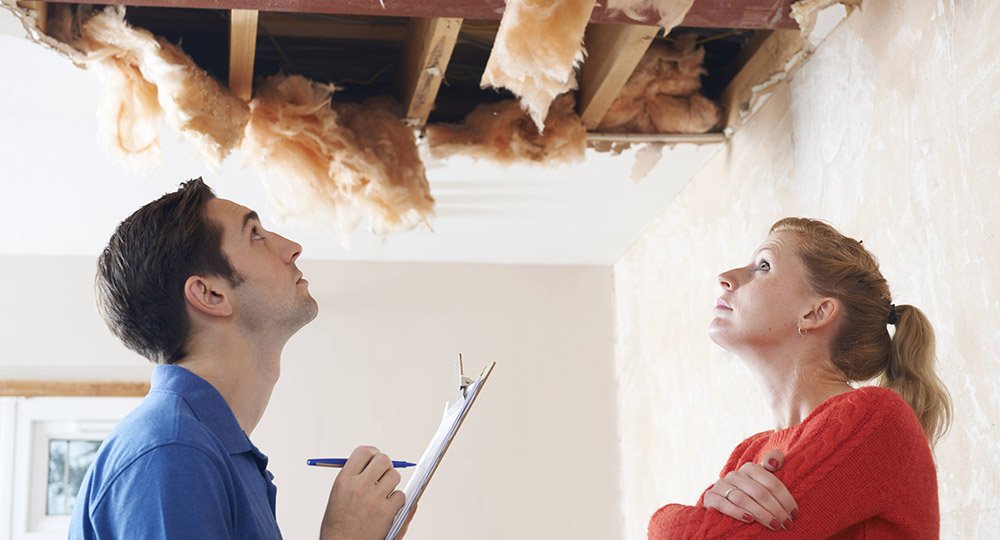A home inspection is a limited, non-invasive examination of the condition of a home, often in connection with the sale of that home. Home inspections are usually conducted by a home inspector who has the training and certifications to perform such inspections. The inspector prepares and delivers to the client a written report of findings. The client then uses the knowledge gained to make informed decisions about their pending real estate purchase. The home inspector describes the condition of the home at the time of inspection but does not guarantee future condition, efficiency, or life expectancy of systems or components.
Sometimes confused with a real estate appraiser, a home inspector determines the condition of a structure, whereas an appraiser determines the value of a property. In the United States, although not all states or municipalities regulate home inspectors, there are various professional associations for home inspectors that provide education, training, and networking opportunities. A professional home inspection is an examination of the current condition of a house. It is not an inspection to verify compliance with appropriate codes; building inspection is a term often used for building code compliance inspections in the United States. A similar but more complicated inspection of commercial buildings is a property condition assessment. Home inspections identify problems but building diagnostics identifies solutions to the found problems and their predicted outcomes.
Home inspection standards and exclusions
Some home inspectors and home inspection regulatory bodies maintain various standards related to the trade. Some inspection companies offer 90-day limited warranties to protect clients from unexpected mechanical and structural failures; otherwise, inspectors are not responsible for future failures.[a] A general inspection standard for buildings other than residential homes can be found at the National Academy of Building Inspection Engineers.
Many inspectors may also offer ancillary services such as inspecting pools, sprinkler systems, checking radon levels, and inspecting for wood-destroying organisms. The CAN/CSA-A770-16 standard allows this (in-fact it demands swimming pool safety inspections as a requirement) and also mandates that the inspector be properly qualified to offer these. Other standards are silent on this.



This is a attention-grabbing article by the way. I am going to go ahead and save this article for my brother to read later on tomorrow. Keep up the high-quality work.